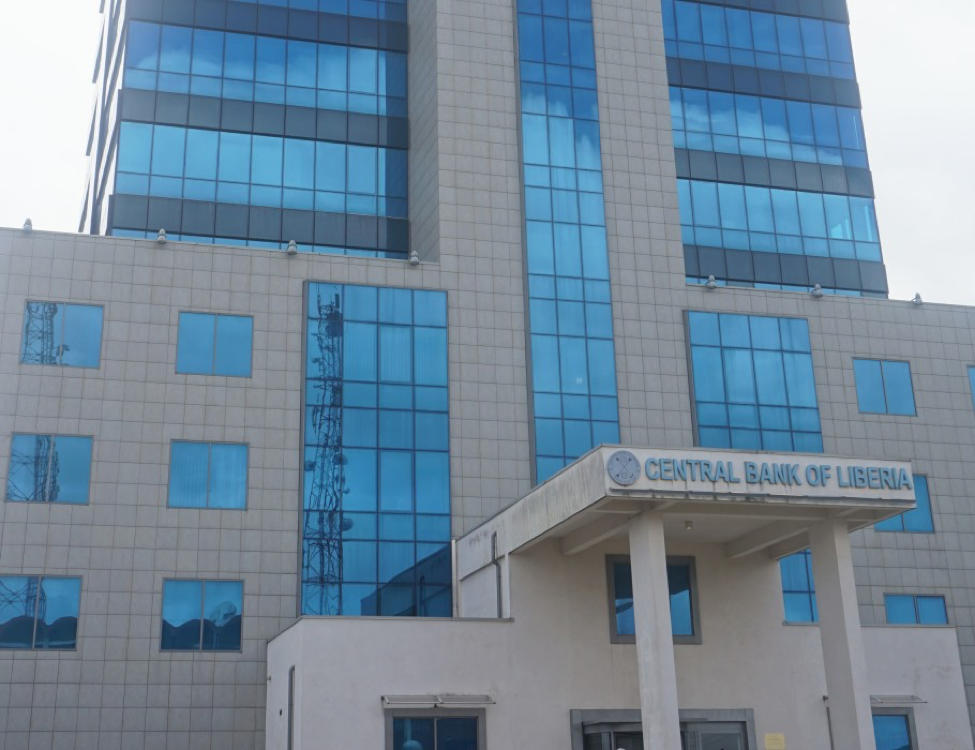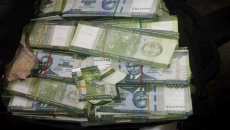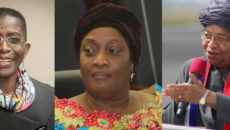MONROVIA, Montserrado – Amidst worsening economic conditions in the country, the Central Bank of Liberia has approved and adopted a new monetary policy as the framework for more robust steps to maintain price stability.
A statement from the Bank dated Nov. 18 confirmed the Board of Governor’s decision considering global, regional, and domestic economic developments, as well as offsets in financial market conditions which have adversely impacted the Liberian economy.
Although the statement omitted any mention of the Bank’s current Standing Deposit Facility, which is intended to “promote consistency and stability in the overnight interbank market interest rates,†it, however, disclosed a 30 percent increase in the SDF, while setting the standing credit facility at 500 basis points above the SDF.
The Central Bank also issued shorter-term lending instruments of two weeks, and one, three, six and twelve months at 30 percent per annum interest rates; as well as reduction in the Liberian Dollar Reserve Requirement from 25 to 15 percent. It said the U.S. dollar reserve requirement “has been increased from 10 percent to 15 percent.â€
A key aspect of the measures taken by the Central Bank that would affect ordinary Liberians immediately was the suspension of the controversial policy that required 25 percent of remittances to be paid in Liberian dollars. For December, the Bank is suspending that requirement and families can receive their entire funds in U.S. dollars. Introduced in 2016 under former President Ellen Johnson-Sirleaf, the 25/75 split reserved for the bank 25 percent of all U.S. dollar currency remittances received by individuals in Liberia, paying out to them only 75 percent in U.S. dollars.
Many believe the suspension is intended to grant some respite to Liberians receiving remittances, especially during heightened commercial activities and remittance sending for the Christmas and New Year holidays.
Since 2017, the Liberian economy has suffered a decline in productivity as international prices of its key exports decline, and other global and domestic developments adversely impact the economy. The Central Bank has disclosed a decline in overall economic activities at a rate of 0.1 percent in September 2019, compared to a decline of 0.8 percent at the end of June 2019.
Very weak overall production and consumption activities have also been reported.
The Central Bank further disclosed that “growth for the year is projected to be 0.4 percent, from 1.2 percent in 2018.â€
As inflationary pressures mount, a weakening Liberian dollar to U.S. dollar parity can be expected to result. According to the Bank, both consumer price inflation and the rate of depreciation of the Liberian dollar remain in double digits in the wake of the worsening trade balance and growing inflation.
A more worrisome circumstance concerns the Bank’s foreign reserve position.
“The current gross foreign reserves position is less than three months of import cover,†it said. “The CBL wishes, however, to assure the public of its full commitment to moderating the current inflationary pressure to support stable macroeconomic environment in Liberia.â€
Given the relative persistence in these challenges for almost a year now and the further declines that are being predicted, it is unclear how much public and investment fears can be allayed by the bank’s assurances. But the Central Bank assured that its policies will be reviewed quarterly and retooled for continuous effectiveness
In view of ongoing trade tensions between the United States and China, the two biggest economies, growth of the global economy is expected to weaken in 2019, triggering potential downside risks to smaller economies and regions of the world intimately connected with them.
The Central Bank’s latest measures seem intended to help mitigate these potential adversities.
Featured photo courtesy of Jefferson Krua



